
The Ritual Effect
From Habit to Ritual, Harness the Surprising Power of Everyday Actions
Read offline
Recommendation
In an age when technological systems and corporations have more influence over people than religious and spiritual leaders once had, many people have lost touch with the rituals that used to give life meaning and shape.Michael Norton, a behavioral economics researcher, urges you to “reenchant” your life by adopting rituals, adapting them to your needs, and creating your own. Rituals can serve as powerful tools to help you navigate the transitions and transformations in your life, says Norton. Learn how to start harnessing the power of ritual to enrich your life, connect to community, and build the mindset and resolve you need to work toward your goals.
Summary
About the Author
Michael Norton is a professor at Harvard Business School and co-author of Happy Money: The Science of Happier Spending. His research centers on behavioral economics and well-being.








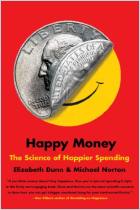
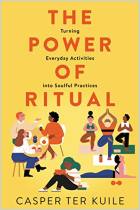
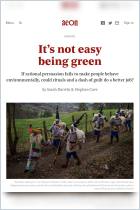
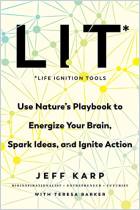

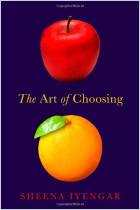
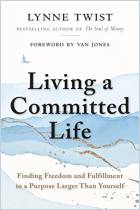





Comment on this summary or Comenzar discusión